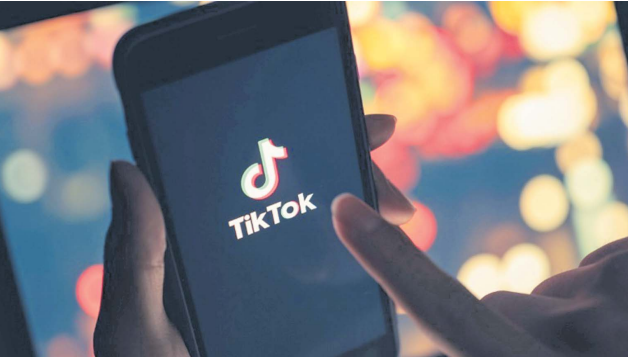A recent wave of disturbing news swept across Fiji this week: a TikToker allegedly abusing his partner and swearing at a government minister arrested, another detained for threatening violence. These are not isolated incidents on a global scale, but they hit with a particular force on our Pasifika islands. They force us to confront a pressing question: is social media a modern tool for connection or a digital weapon tearing at our social fabric?
This moment of reckoning is not unique to Fiji. As one writer reflected on their withdrawal from social media platforms, they came to see these apps as “digital Ouija boards,” portals to the worst of human nature. Their despondence reveals a universal truth: we were naive. We believed the companies who own them, care about their impact, that citizens would naturally grow more discerning, and that we craved vibrant new talanoa forums, for debate. Instead, we got engineered conflict, rampant misinformation, and digital enclaves where “influencers” manipulate rather than inform.
This global diagnosis rings true in our local context. But to simply condemn these platforms, is to miss a more nuanced reality. Social media, like any tool, is neither inherently good nor evil. Its impact depends entirely on the hands that wield it. It is a double-edged sword — one that can either carve out new opportunities for community or inflict deep wounds upon it.
When used wisely, social media can be a powerful force for good, perfectly aligned with Fijian values. It is the modern lali drum, beating out a call that connects our diaspora across oceans. It is a digital village green where communities can organise a soli, share traditional knowledge, or celebrate a local artist’s work. It empowers small businesses, giving a Fijian entrepreneur a global storefront. In this light, social media doesn’t undermine veitokani (friendship) and veikauwaitaki (kindness); it amplifies them, weaving our vanua, into a digital tapa cloth of shared experience.
Yet, this potential for good is perpetually shadowed by its opposite. Even I, who use these platforms to share reflections; borne from the experience of a well-travelled Fijian, have observed the toxicity firsthand. The vitriol in the comments sections of posts — not structured debate, but visceral attacks from those who cannot articulate disagreement with a shred of respect — is a stark reminder of the problem. This is more than just online noise; it leads me to believe that our most pressing need is for an education system dedicated to developing a new generation of critical thinkers, and empathetic communicators. For me, social media has become a mirror, reflecting a larger societal issue in the country I live in and love: a deficit of respectful discourse and the tools to navigate a complex information age.
In the hands of the foolish and the malicious, this tool becomes a weapon. The algorithm, designed to promote engagement at any cost, does not distinguish between a joyful meke and a vile rant. It simply feeds the fire that gets the most clicks. This is where our vakavanua is most vulnerable. The respect we owe each other is abandoned for the thrill of public shaming and viavialevu/velavela (showing off). The dignity of individuals is stripped away in comment sections, a stark contrast to the values of veidokai and vakarokoroko.
The cultural critic Marshall McLuhan famously said, “the medium is the message.” The form of communication itself changes how we think and interact. For two decades, the dominant message of social media has been fracture, conflict, and performative outrage. But this is not a destiny we must accept or wish for.
The challenge for Fiji is not to ban the mirror, but to improve the reflection it casts. We must consciously choose the message we send through this medium. This requires digital literacy rooted not just in technical skill, but in cultural wisdom. We must teach our youth to navigate these spaces with the same respect they would show in the bose vakoro. We must be creators who use these platforms to showcase our culture’s strength and beauty, not its division and shame.
The choice is ours. Will we allow social media to be a Ouija board for our darkest impulses, or will we harness it as a modern drua, steering our culture forward with wisdom, purpose, and unity? The platform is neutral. The power, and the responsibility, lies within each and everyone of us.
n RO NAULU MATAITINI is a member of the Great Council of Chiefs. He is a chief of Rewa Province whose paramount chief is the Marama Bale Na Roko Tui Dreketi, Ro Teimumu Kepa. The views expressed herein are his and not of this newspaper.



